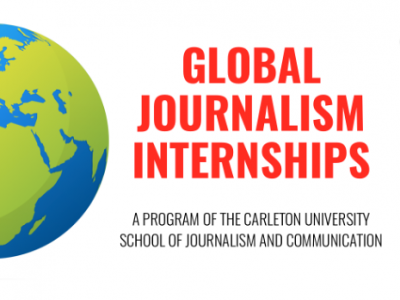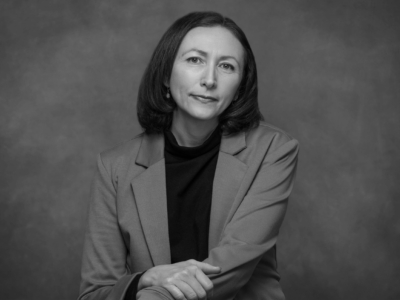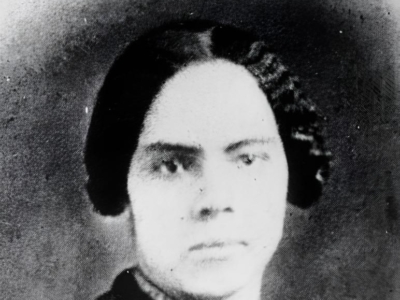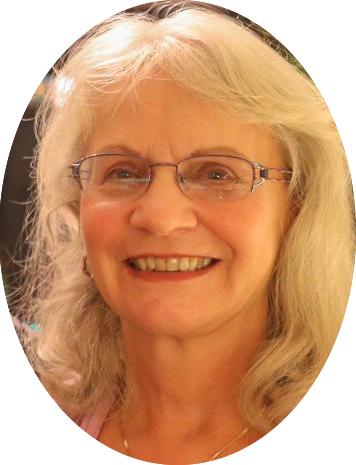
Photo from The World Federation of Science Journalists
By Jena Lynde-Smith
The first round of winners have been announced for the Louise Behan Reporting Grants, the brainchild and legacy of journalism alumna Louise Behan, who passed away in 2019.
Behan graduated from Carleton’s Bachelor of journalism program in 1978 and worked at the International Development Research Centre (IDRC) for 13 years. When she passed, she left a bequest to fund the grants which were subsequently named after her. Behan was beloved by colleagues and was described as an inspiration by many who knew her.
“As a journalism student in the seventies, Louise was an inspiration to her classmates as she followed her dreams to be a journalist and met the heavy demands of the program all while being a single mom at the time,” said Mary McGuire a retired Carleton journalism professor, friend and former classmate of Louise. “She continues to inspire today with these awards for other young reporters who share her commitment to science journalism.”
The Louise Behan Reporting Grants, managed by the World Federation of Science Journalists and organized in partnership with the IDRC, support science journalists in low-income countries to report on stories of importance to that country or region. Three winners were chosen to receive the grants this year, and the judges said they were impressed by the high calibre of the entries. Read more about the winners here.
Read more about Louise Behan in the piece below compiled by two of her friends and fellow alumnae, Peggy Berkowitz (BJ ’80) and Liz Smith (BJ ’78).
Louise Behan
Compiled by Peggy Berkowitz and Liz Smith
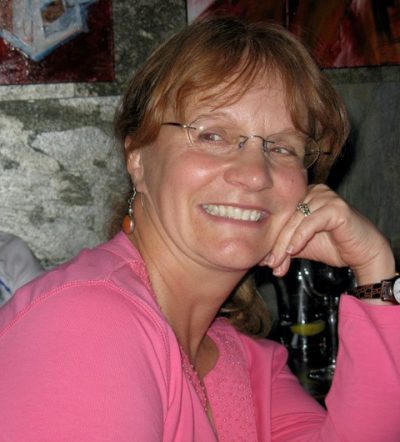
Photo by Mary McGuire
Louise Anita Behan was a true citizen of our planet. Born in Quebec City on May 1, 1948, her roots were in Nova Scotia and with her Acadian family there. In the months before she died of cancer in Ottawa at the age of 71, she set up a foundation to assist science journalists in the Global South, serving several values she held closest to her heart – journalism, international development and science.
Louise graduated from Carleton’s School of Journalism, with a minor in psychology, in 1978. Not only did she meet the challenges of the journalism program but, to the admiration of all her classmates, did so while being a single mom.
Louise’s first job after journalism school was with the public affairs section of Alberta’s forestry department in Edmonton. “She told me that she accepted the job, over another more prestigious one, because the public affairs section was small and she would be able to practice a variety of skills, from media relations to emergency public affairs to science writing,” says Peggy Berkowitz, a longtime friend. Later she moved to Ottawa for a job in public affairs and media relations at the International Development Research Centre, (IDRC) where she worked for 13 years. With assignments in Africa and Asia, she fed her passion for travel and international development. In her words, it helped her “see beyond the obvious” — and inspired her to establish the Louise Behan Reporting Grants, administered by the World Federation of Science Journalists.
Louise was also an active member of the International Association of Business Communicators and named Communicator of the Year in 1993 by the association’s Ottawa chapter.
After working several years in public affairs for the Canadian Army, Louise retired in 2008. Throughout her career, Louise was devoted to international development, science journalism and human rights and how they intersect. “Without a free press there can be no democracy,” she would sometimes remark.
Louise was friendly, feisty, and liked a rollicking debate. She continued to travel and try new experiences in her retirement. She said that meeting Nelson Mandela (in her role with IDRC) was one of her life’s highlights, but no doubt the others would include being “nana” to her grandchildren, and establishing this award that continues to touch people around the world and advance scientific reporting.
Thursday, November 4, 2021 in General, Journalism News
Share: Twitter, Facebook

